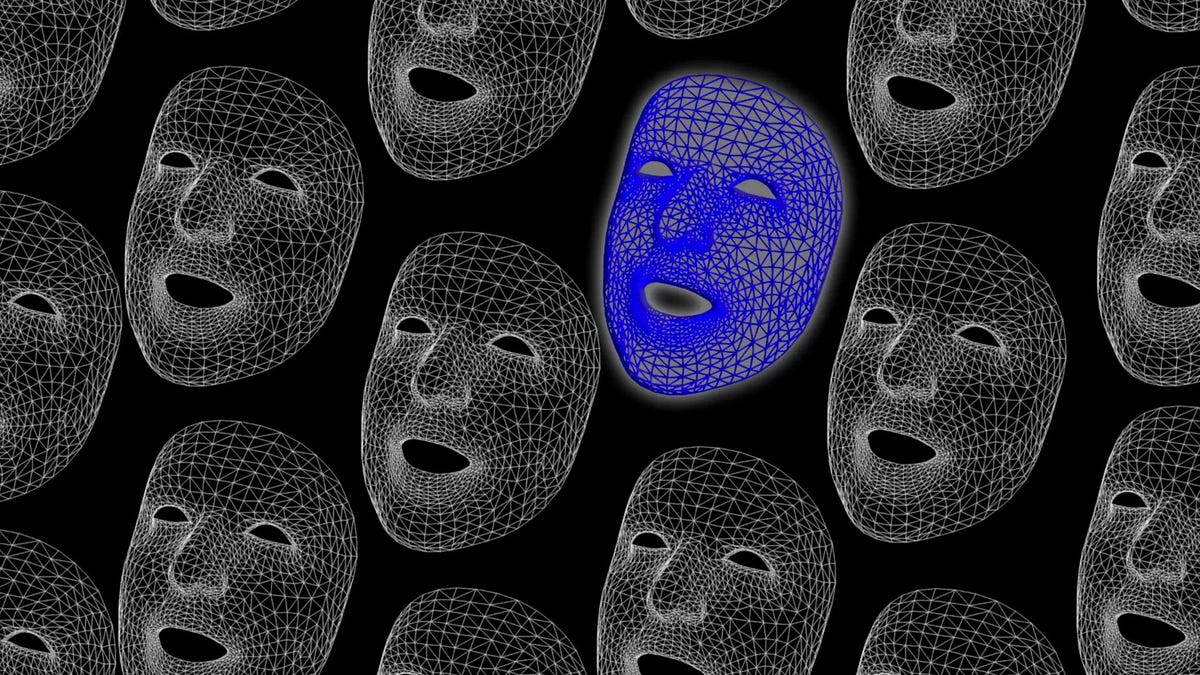Portland, Maine, bans police from using facial recognition software
The move strengthens the city's ban on facial recognition technology for city officials.

On Tuesday, citizens of Portland, Maine, passed a ballot initiative banning use of facial recognition and surveillance technology by law enforcement, the Bangor Daily News reported. The Portland City Council had banned use of this software by police and city agencies in August, but this measure strengthens that ordinance.
The new measure gives citizens the ability to sue the city for illegal surveillance, requires the city to suppress evidence illegally obtained through such surveillance, and makes violations by city employees grounds for suspension or termination, the Portland Press Herald reported. It also allows a citizen to receive $100 per violation, or $1,000, whichever is greater, plus attorney's fees.
The ban does not apply to private companies.
Portland, Maine, isn't the only city with a facial recognition ban in place: Since 2019, San Francisco, Oakland, Boston and Cambridge, Massachusetts. have also prohibited its use by public officials, while Portland, Oregon, banned banned private companies and public agencies from using the technology in public places.
Read more: Best facial recognition security cameras for 2020

